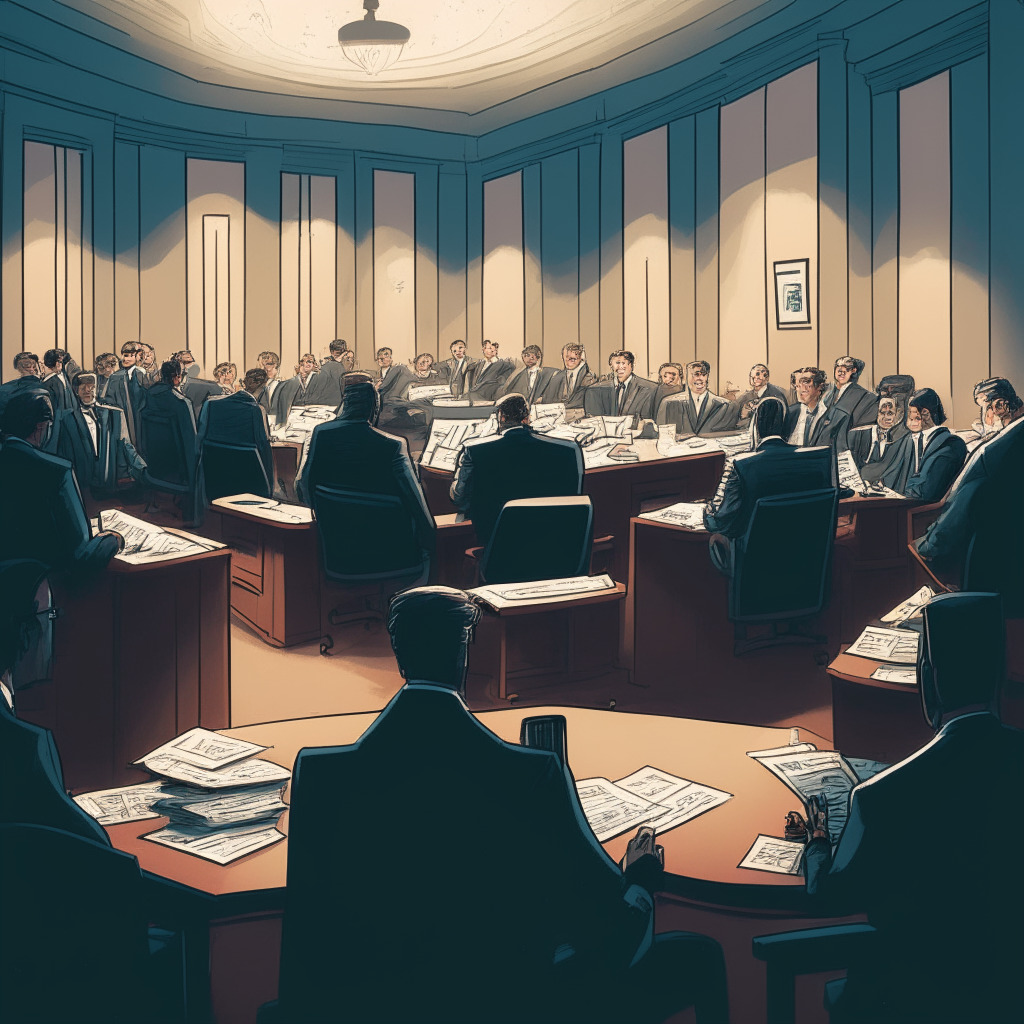The crypto landscape is not a stranger to significant legal developments that define its trajectory. Recently, a notable occurrence was regarding former Celsius CEO, Alex Mashinsky, who has been subjected to an extended discovery timeline. The U.S. District Judge John Koeltl has provided prosecutors until Oct. 3.
The provided extension will essentially give Mashinsky’s defense adequate time to go over the related documents. To account for the “volume of discovery” and the “complexity of the case” Judge Koeltl has excluded the time between July 25 and Oct. 3 from the Speedy Trial Act’s calculations. This law necessitates a federal criminal trial to initiate within 70 days after filing an indictment. Current requirements dictate that prosecutors disclose any information beneficial to the accused that can potentially influence guilt or punishment.
If one were to overlook these intricate legal developments, one could argue that this could potentially hinder the expeditious resolution of the case. However, in view of the overall system, the delay ensures Mashinky’s legal team has ample opportunity to prepare a robust defense. This due process would uphold the integrity of the legal proceedings, suggesting that the system does indeed strive for fairness in scrutiny.
Mashinsky’s trial is hot on the heels of another major legal event. FTX’s former CEO, Sam Bankman-Fried, is also facing charges, further emphasizing the rigorous regulatory environment crypto industry leaders find themselves in.
Subsequent to Celsius filing for Chapter 11 bankruptcy in July 2022, Mashinsky resigned as CEO in September 2022. His arrest followed on charges of securities fraud, commodities fraud, and wire fraud linked to alleged deceptive practices towards customers concerning Celsius’ business operations. Notably, Mashinsky pleaded not guilty to all charges.
Apart from these fraud charges, the Commodity Futures Trading Commission has lodged a complaint against Mashinsky. Similarly, the Securities and Exchange Commission brought forward a civil suit against the former CEO, while the Federal Trade Commission issued a $4.7 billion fine against Celsius in July.
This intertwining of crypto-business and regulation underscores a fundamental relationship between new technology and legal frameworks, a balance between caution and acceptance that allows the former to thrive responsibly. Reading between the lines, these developments may serve as an industry-level reminder that operating within the legal parameters is non-negotiable – just as transparency and user-trust are non-negotiable within the crypto sphere.
Source: Cointelegraph




